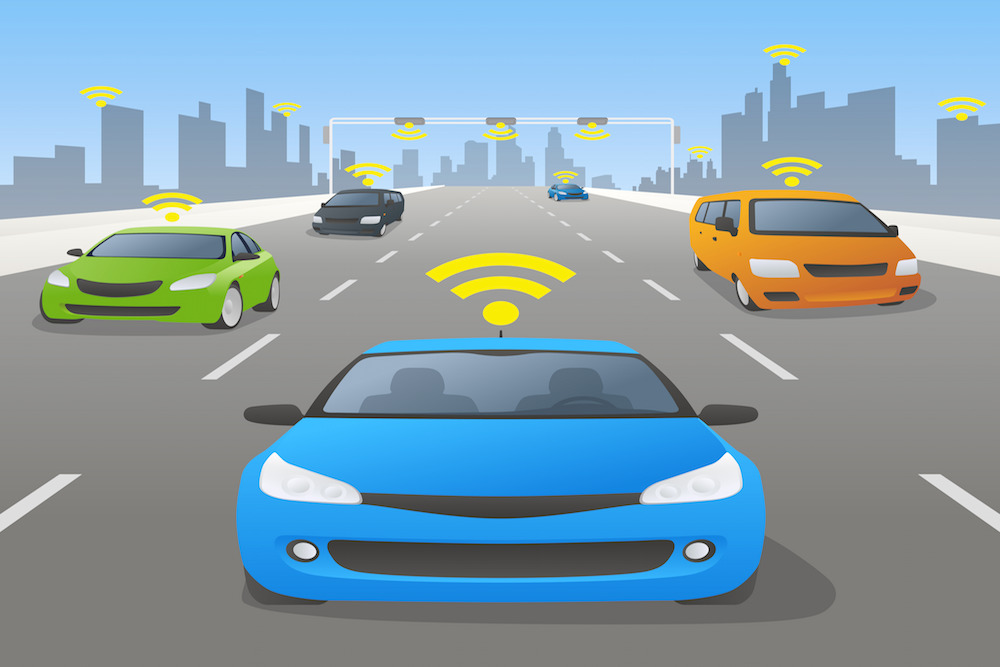
With the deployment of 5G technology drawing ever closer, and the adoption of Internet of Things (IoT) devices and voice activated technology expected to grow accordingly, consumers could soon have a host of new purchase points available to them. Perhaps the most exciting of these will be an environment in which many people spend multiple hours a day in. Cars.
For a lot of people, the commute to work, whether by car or public transport, is an integral aspect of their daily routine. In the not too distant past this time spent travelling was all but lost; the tools and mobile connectivity did not exist to enable productivity, bar the occasional interesting radio show or newspaper article.
However, with the introduction of mobile networks, smartphones and internet enabled devices, commuting via public transport has been transformed beyond recognition. Access to emails, the internet, eCommerce, and video entertainment is now the norm. The journey to work has been revolutionised from one of boredom and frustration to one far more useful. In an age where people are increasingly time-poor, access to online services during the commute has become exceptionally valuable.
Upgrading the commute through greater connectivity
For those who use personal vehicles to get to work however, until now, very little has changed since the days of pre-internet. Even when stuck in traffic it is completely irresponsible, and of course illegal, for drivers to interact with their mobile devices.
All this could be set to change however, as the expansion of the IoT, rapidly driven forward by the arrival of 5G, enables technology companies to revolutionise cars into voice activated hubs of entertainment and commerce.
By 2020 it is predicted that 90% of new cars will be internet connected. As a result of this we can expect to see significant improvements to the functionality of cars, such as safety and navigation. There will also be another benefit; enabling the use of cars as a device for eCommerce.
Consumers will be able to use their cars as the instrument for making purchases; for example, paying for petrol, just by driving up to the pump, or food by just going through the drive through. Further examples could include toll roads that automatically take payment when you cross the barrier.
A future payments platform
But that is not all, and this is where the really good news for road commuters comes in. The evolution of biometrics, and in particular voice activated technology, coupled with an IoT enabled vehicle will mean that drivers can interact with the wider internet without compromising their safety, or that of those around them.
Smart assistants such as Alexa and Siri, already popular within homes and businesses, may soon enable car drivers to shop on the commute, utilising voice activated payments. This satisfies a need of busy consumers who want to make the most of their time; 82% of millennials with long car commutes said they would shop more if payments were integrated into their cars. This sort of commerce enablement also provides value for time poor consumers. Retailers and the technology providers in between will also be able to tap into a brand-new channel to improve sales and revenue.
Globally, there is a huge opportunity to turn the car into both a payment and a commerce platform. People are already spending time and money while commuting via public transport. Therefore, it should be a natural next step to facilitate this for those travelling via car.
By turning cars into mobile commerce platforms, we will also see new revenue streams for auto manufacturers, as they will be able to sell value added services, amenities and repairs to their drivers directly through vehicles. As payments fade into the background of connected devices and integrated applications, it only seems sensible that the car joins in on the IoT revolution as well.
Adam Hollenberg, Strategic Partnerships Manager, Paysafe Group